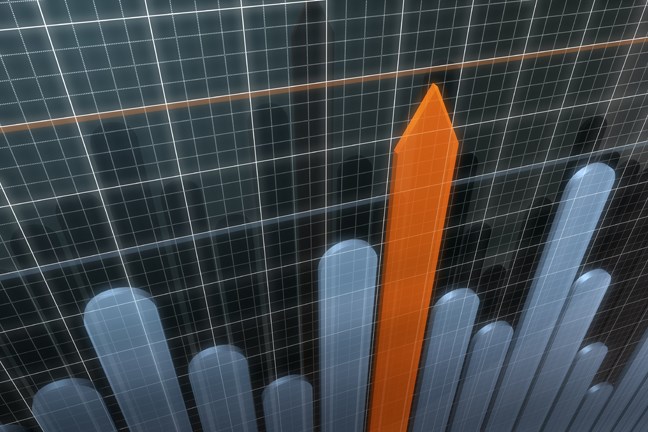Warren Buffett doesn't panic and neither should you.
Since the 1920s, North American stock markets have tended to exhibit a 10 per cent correction once per year on average. The last time we saw this was during September and October of last year, only to see prices recover even faster than they sold off. Almost a year later, it's fair to say that we were due for another correction. Well, here we are. And as is always the case, fear is at a fever pitch. For example, Apple about 21 per cent from its peak. Shockingly, it traded as low as $92 (a further 13 per cent drop) in early pre-market trading as a small group of panicked sellers entered "market" orders to sell indiscriminately at any price possible. "Just get me out!" you can almost hear them scream.
Apple's drop didn't last, as the stock clawed back almost all of this panic selling within an hour. Selling at that morning's illogical low of $92 was akin to seeing a dangerous landmine a few feet away and still managing to step on it out of sheer panic.
While Apple has been a casualty of this dramatic sell-off, the cause of it has been an outflow of money from risky emerging markets (both their stocks and currencies) and shifting it to developed world economies.
We don't invest in emerging markets per se because we deem them too risky and unreliable. For example, we can't be sure Indonesia's stock and currency market will recover but we know blue-chip, profitable North American companies such as Apple will. The main reason for the capital flight out of emerging markets has been a growing fear that China's economy is slowing faster than officially reported and more than most people were willing to believe. It strikes us as unbelievable that China's official claims of seven per cent GDP growth is accurate and we've written about our disbelief many times.
Their economic growth may even be negative but the world can't know for sure because the Chinese government deems that truth is whatever they say it is. This is the ages-old nature of dictatorships. And like every dictatorship throughout history, their self-confidence to govern greatly exceeds their competence level. Investors are finally waking up to this realization.
But these are largely China's problems and not ours. Their stock market, even after a more than 40 per cent decline, remains more expensive than the North American stock market. Furthermore, the fact that their accounting standards and business practices are not as reliable means that the "E" (earnings) in P/E ratio should not be compared to North American companies. Where China does affect us is in the commodities area but that bear market started in 2011 and is easily avoidable by investors (especially mining).
As Warren Buffett says, "be fearful when others are greedy and greedy when others are fearful." This is not the time to be fearful but the time to buy good companies that are on sale while avoiding companies that rely too much on Asia. Also, like Buffett, it is wise to hold cash especially when market uncertainty rises. Sometimes cash is the best asset class of them all.
Lori Pinkowski is a senior portfolio manager and senior vice-president, Private Client Group, at Raymond James Ltd., a member of the Canadian Investor Protection Fund. This is for informational purposes only and does not necessarily reflect the opinions of Raymond James. Lori can answer any questions at 604-915-LORI or [email protected]. You can also listen to her every Monday morning on CKNW at 8:40 a.m.



